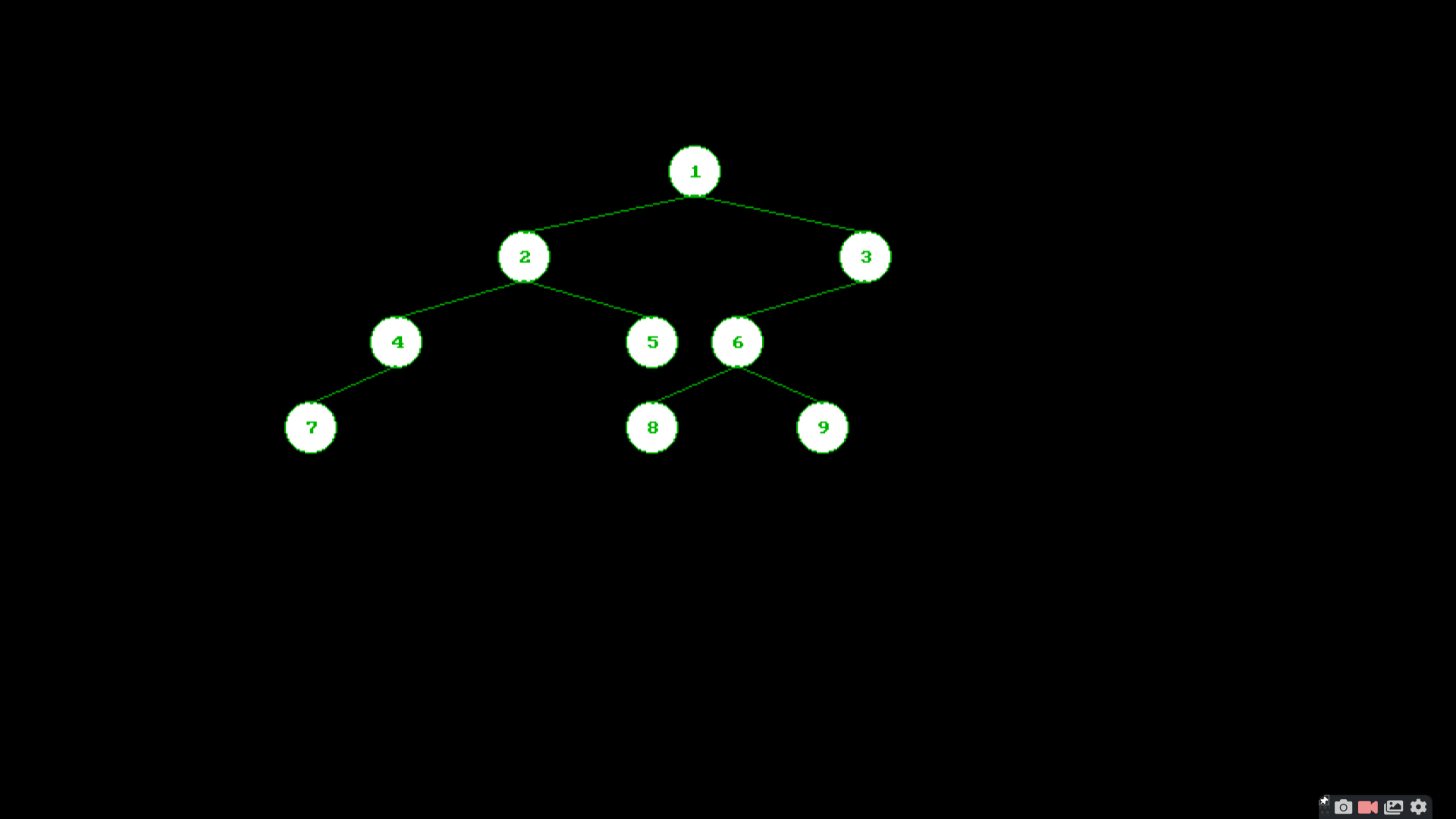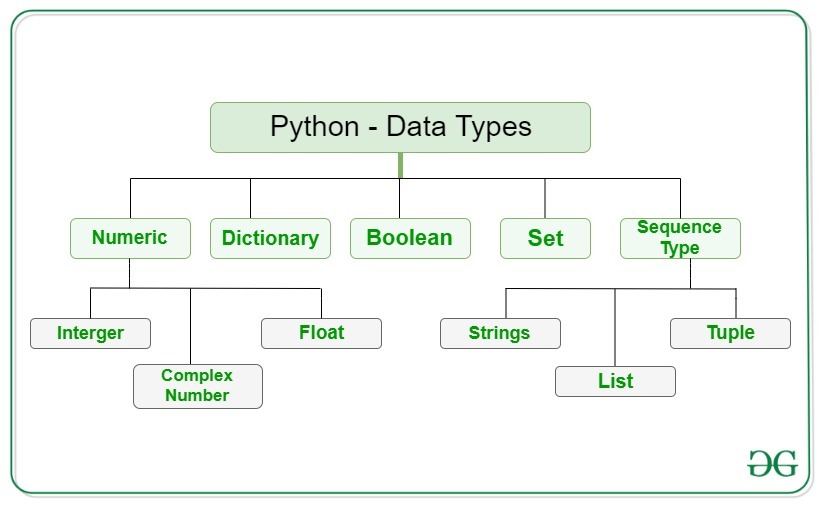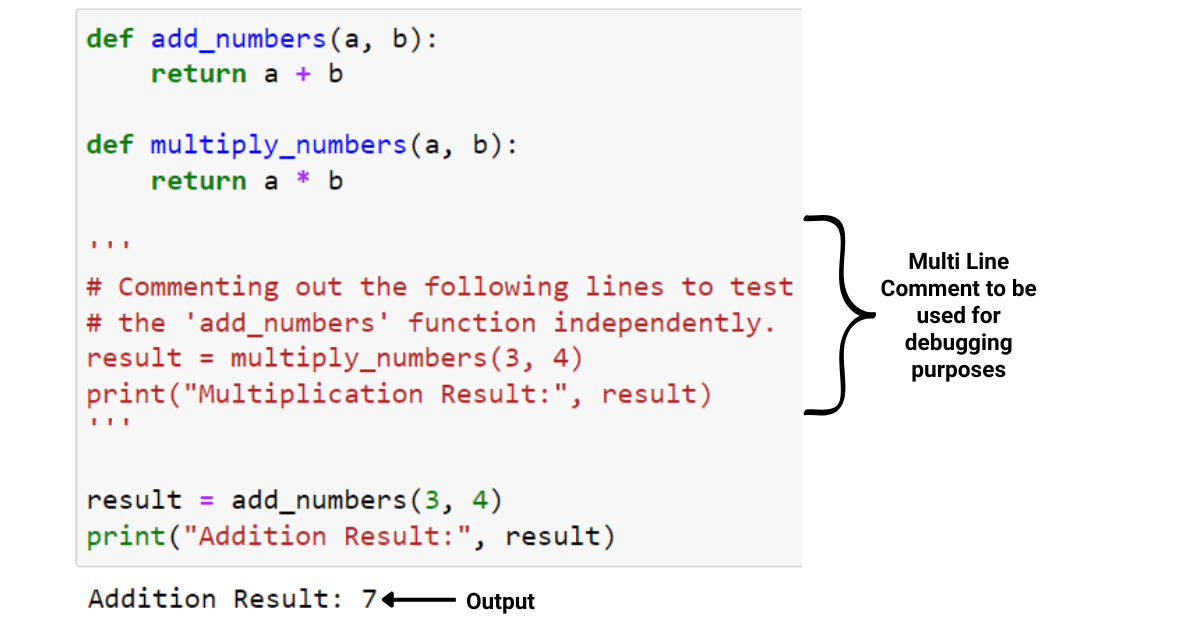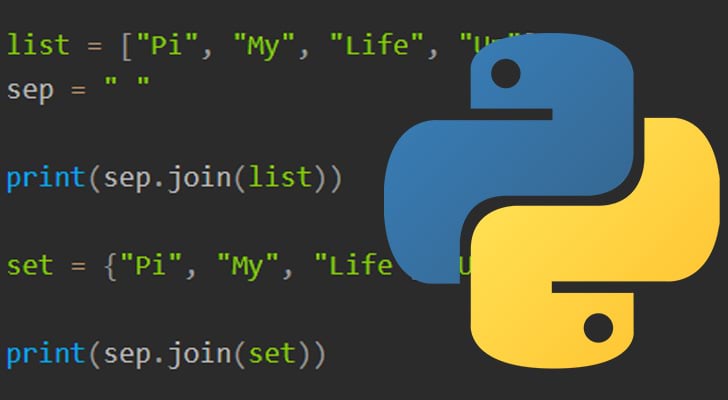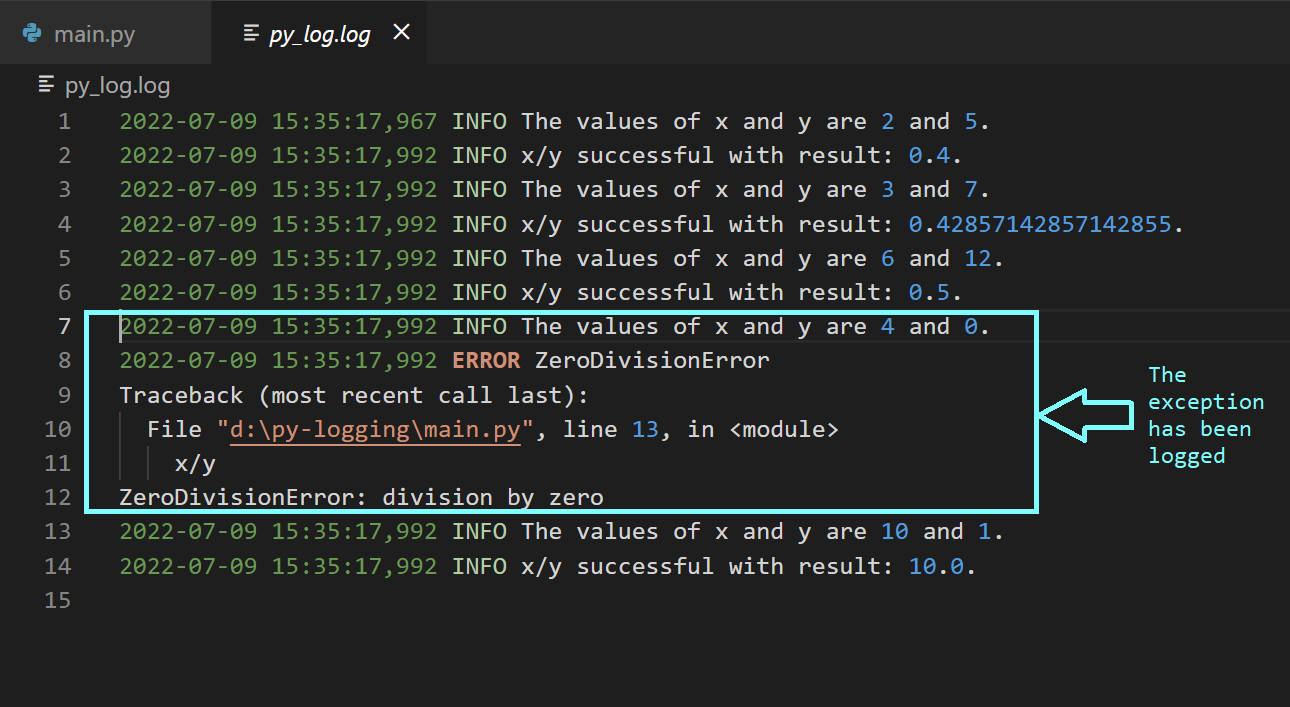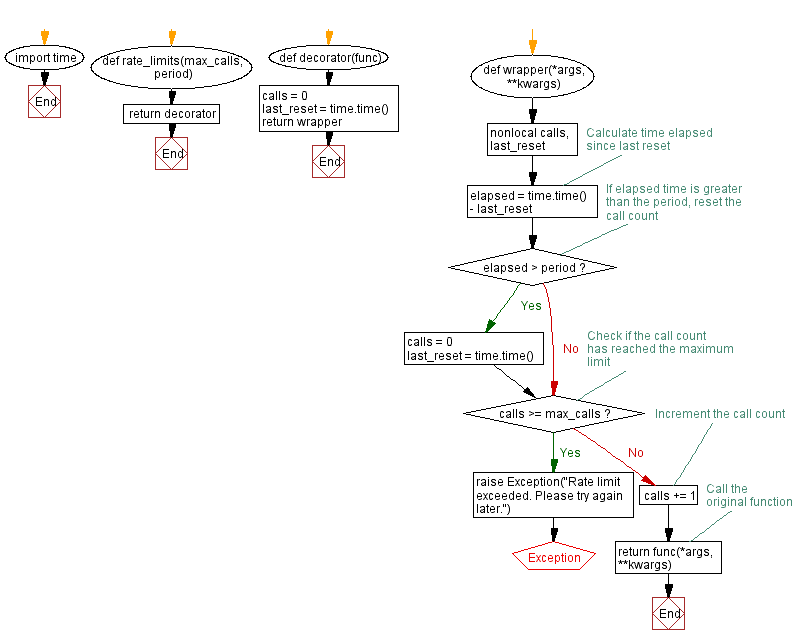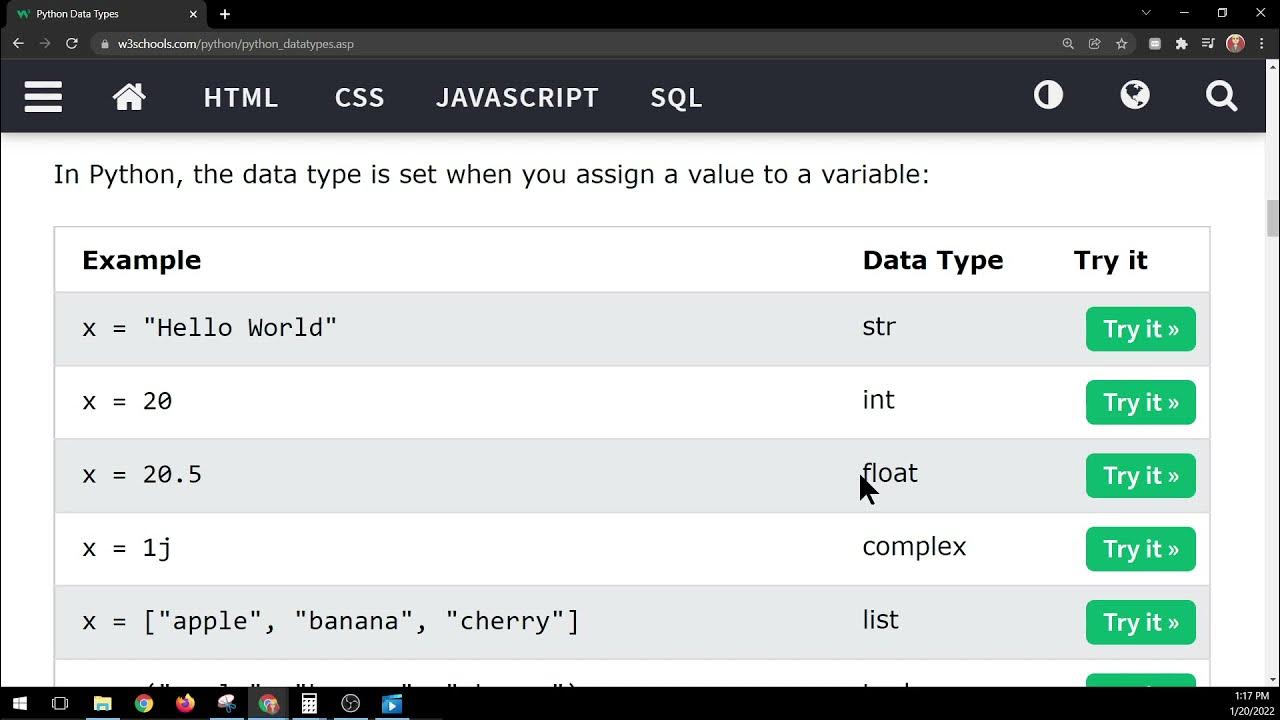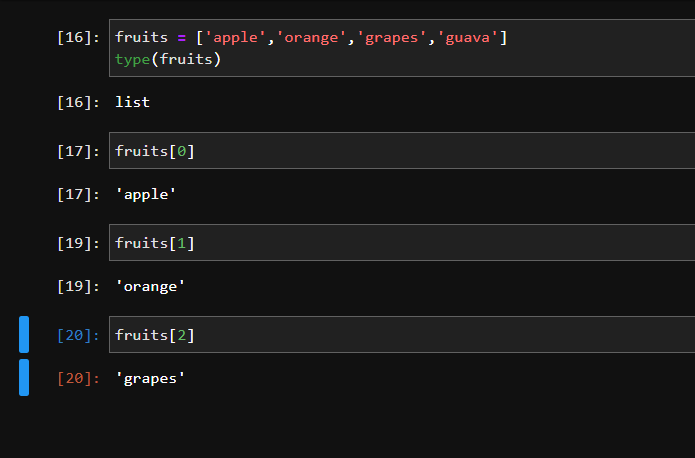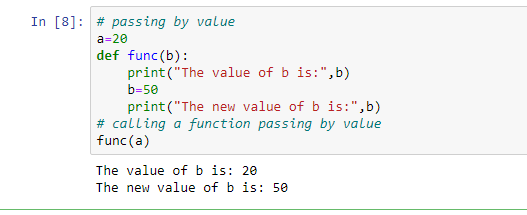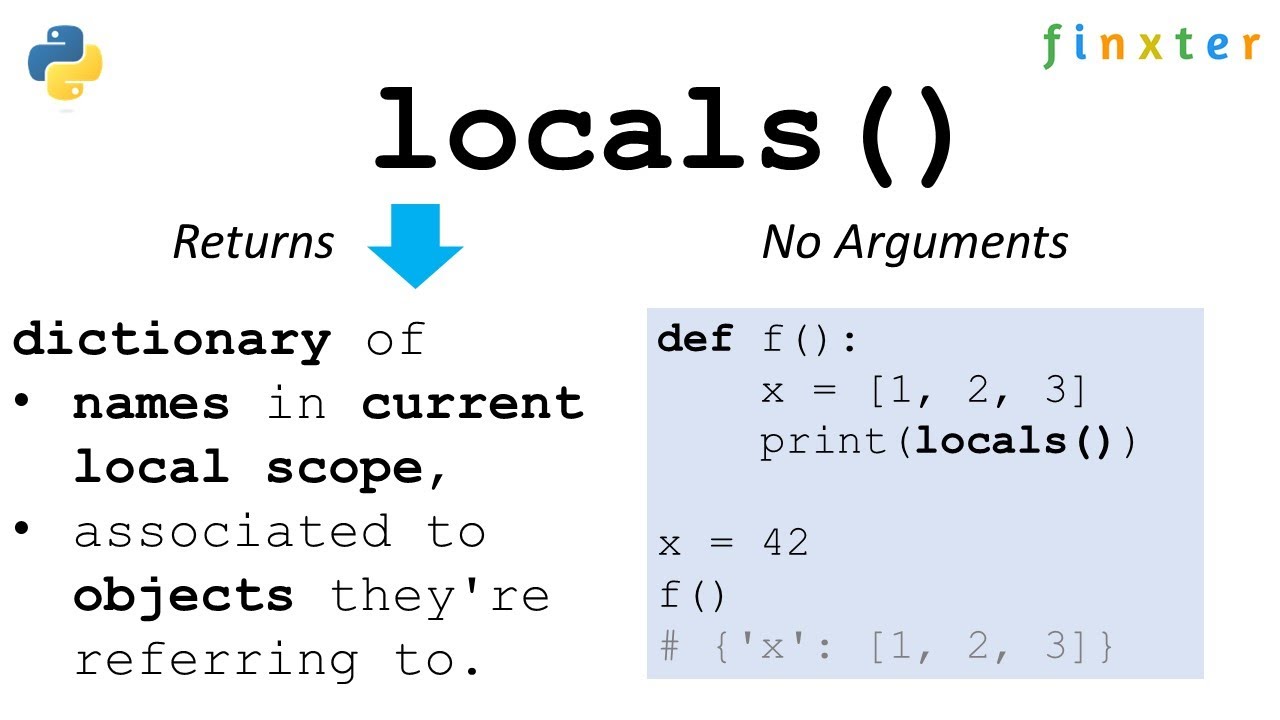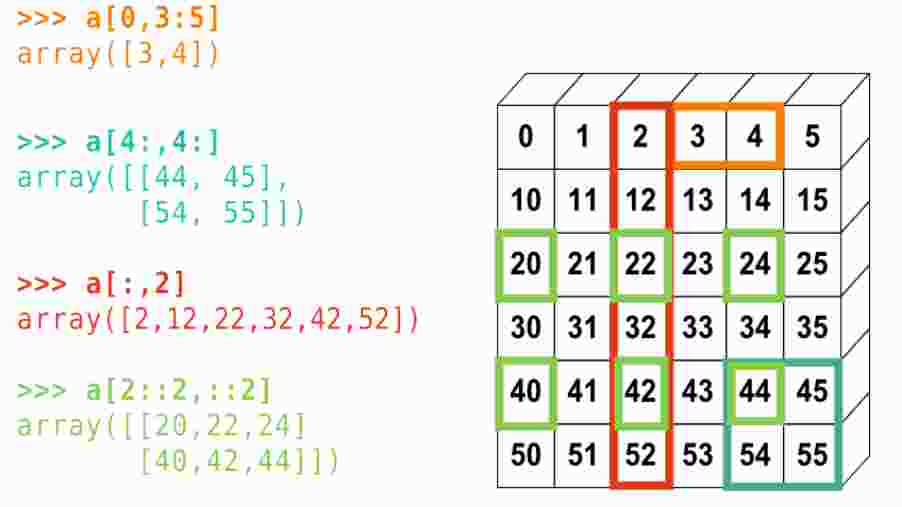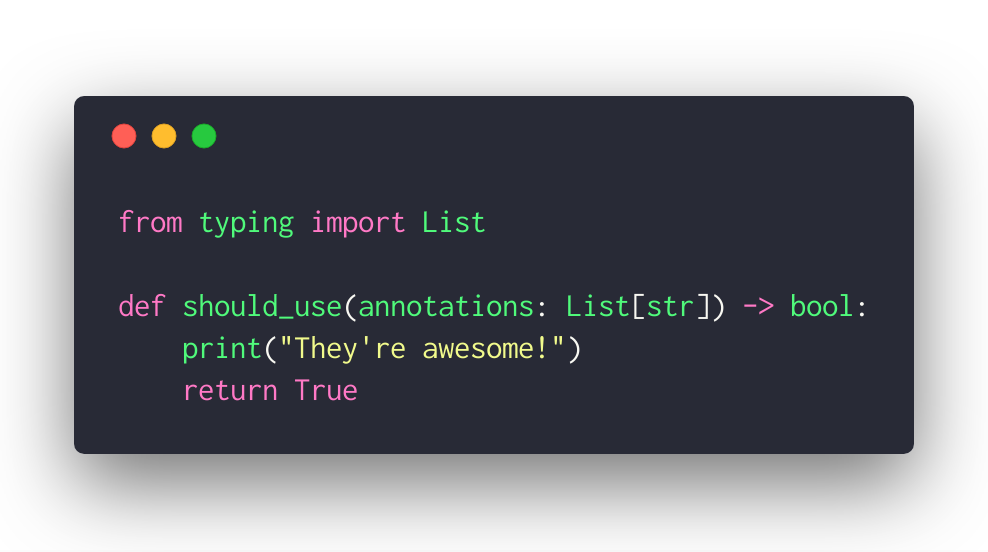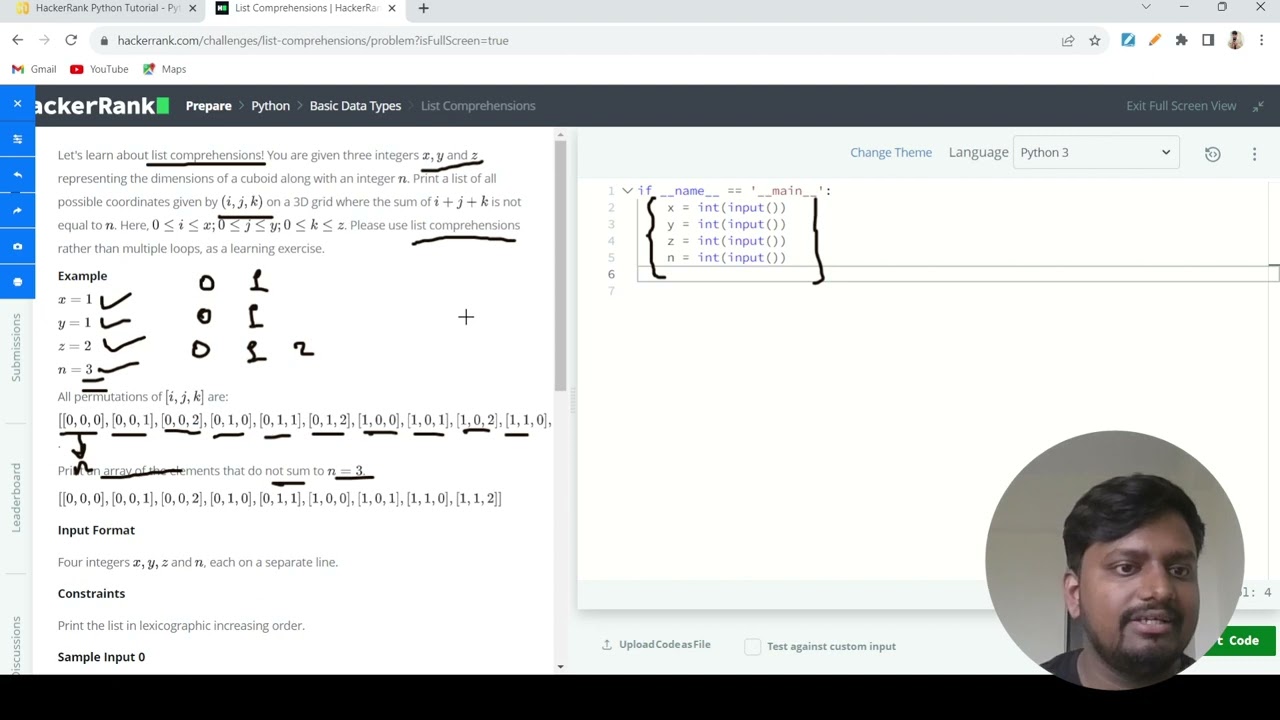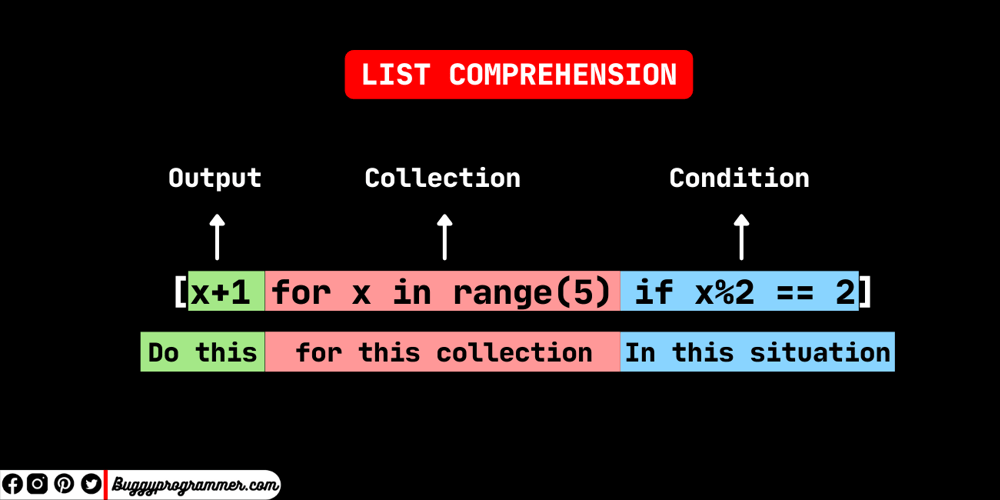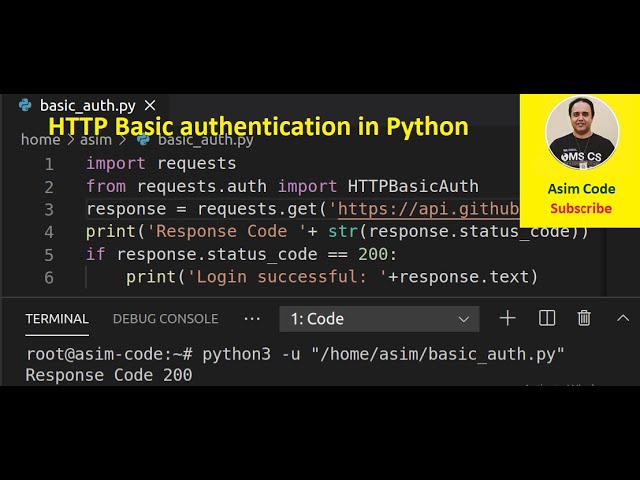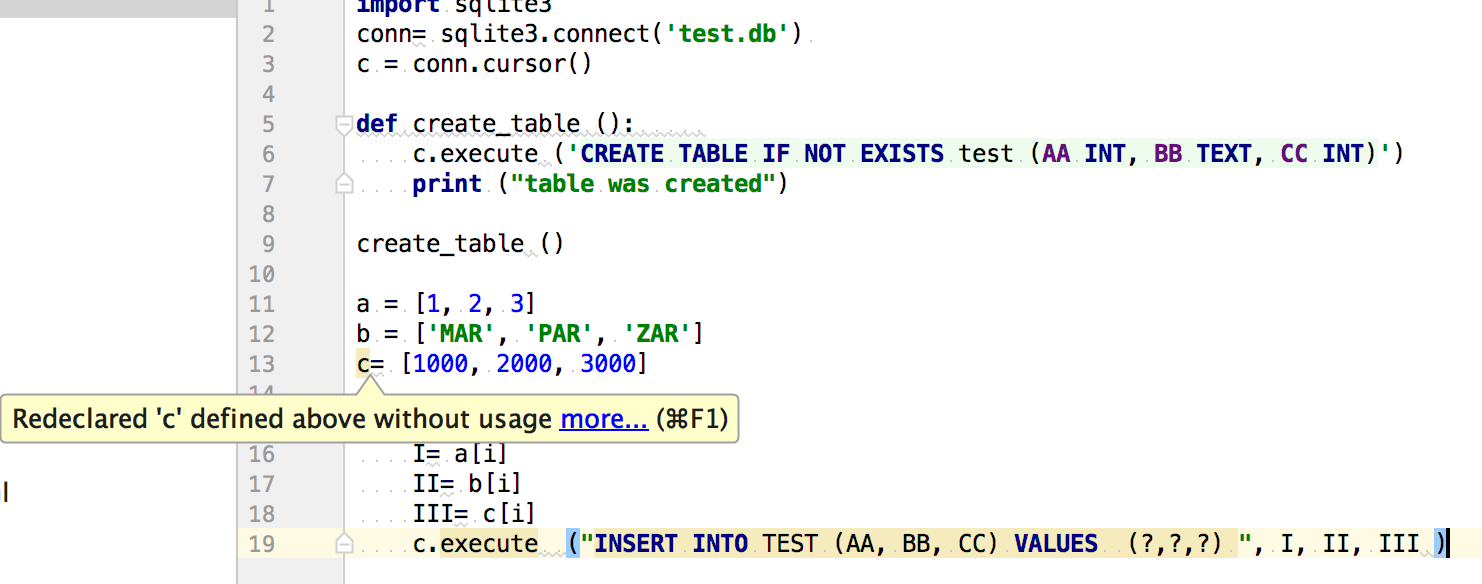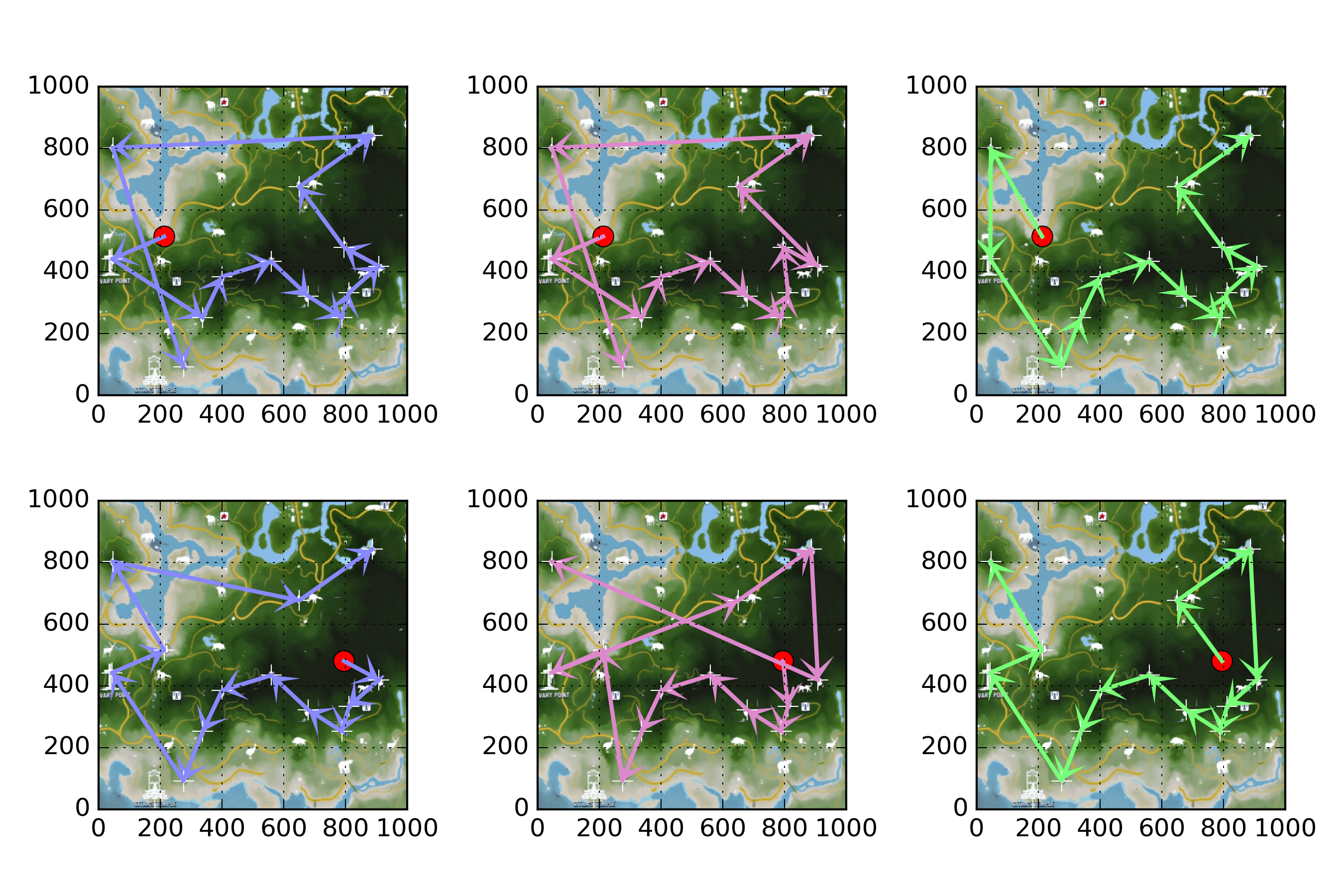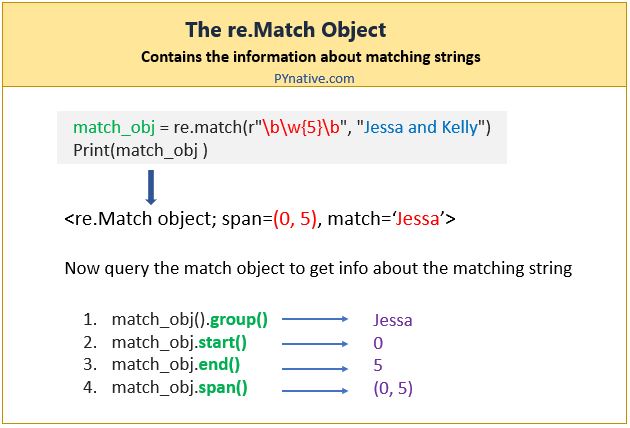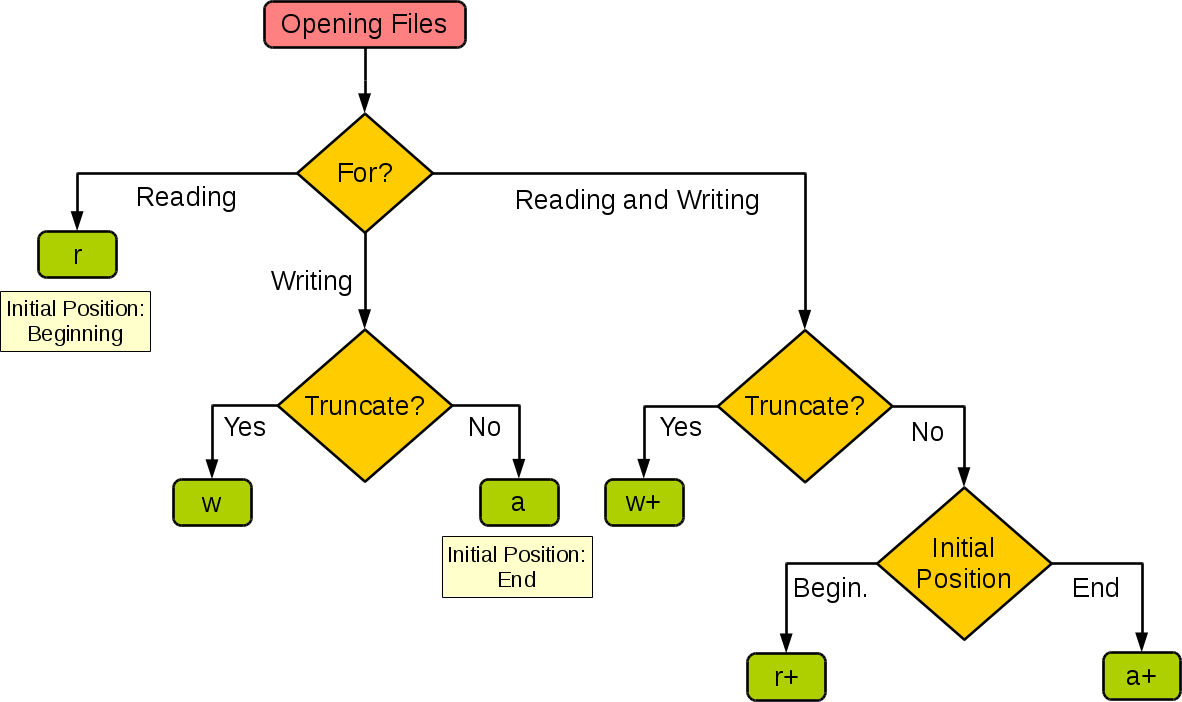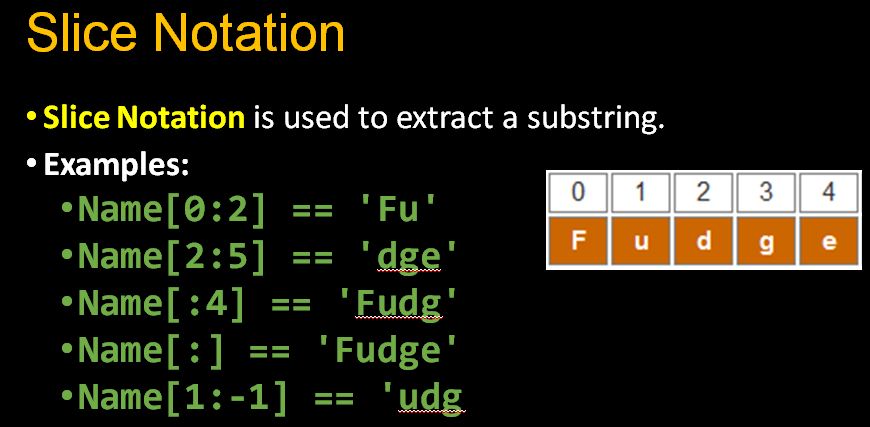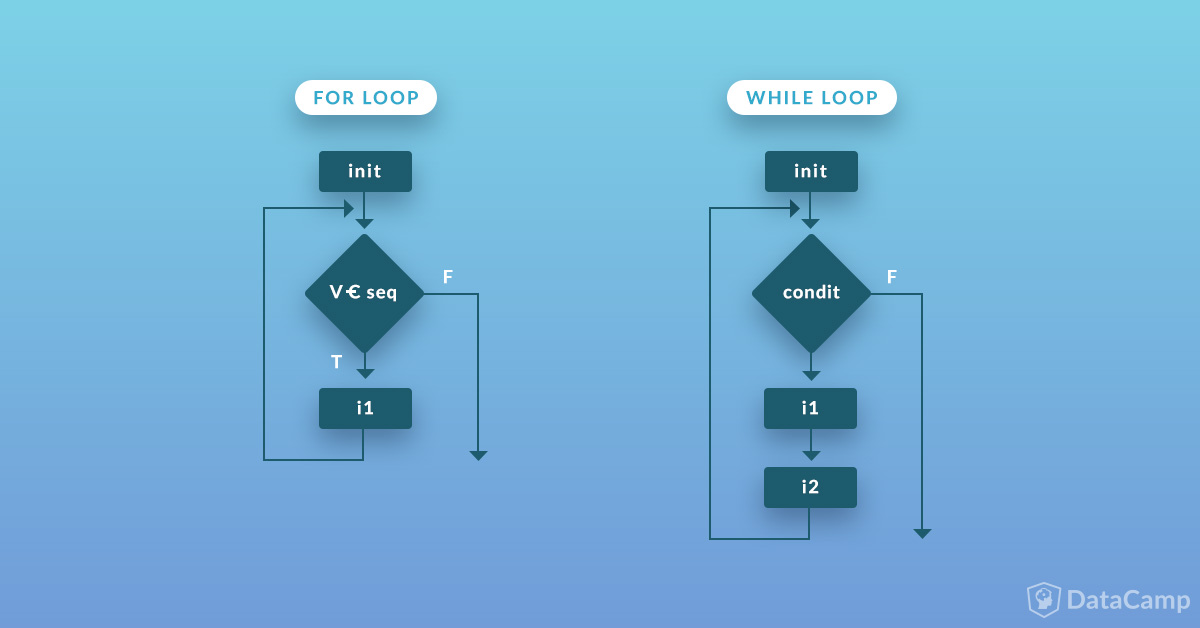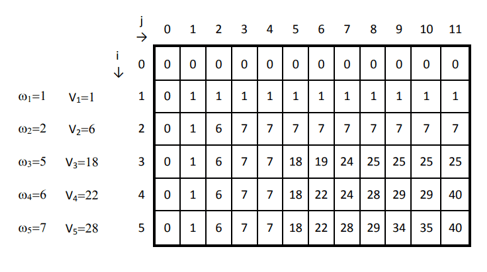Python bisect_left
Python bisect_left
I'd be happy to respond in English and discuss the bisect_left function in Python.
The bisect_left function is part of the bisect module in Python, which provides functions for maintaining a sorted list or tree-like data structure. The main purpose of this function is to insert an element into the list at the correct position to maintain the list's sorted order.
The bisect_left function takes two parameters: the sorted list and the element to be inserted. It returns the index where the element should be inserted to keep the list sorted. If the element is already present in the list, it will return the index of the first occurrence of that element.
Here's an example of how you might use bisect_left:
from bisect import bisect_left
my_list = [1, 3, 4, 5, 7]
index = bisect_left(my_list, 6)
print(index) # Output: 3
In this example, we have a list of integers and we're looking for the index where 6 should be inserted to maintain the sorted order. The output is 3, which means that if we insert 6 at position 3, our list will remain sorted.
One important thing to note about bisect_left is that it assumes the input list is already sorted. If your list is not sorted, you'll need to sort it first before using this function. Here's an example of how you might do this:
from bisect import bisect_left
my_list = [7, 1, 3, 4, 5]
my_list.sort()
index = bisect_left(my_list, 6)
print(index) # Output: 4
In this example, we first sort the list using the sort function. Then, we use bisect_left to find the index where 6 should be inserted.
Overall, bisect_left is a useful function in Python that makes it easy to maintain sorted lists and trees-like data structures.
Python binary search library github

I'd be happy to help!

Python Binary Search Library on GitHub
There are several excellent Python libraries that implement the binary search algorithm, which is a fundamental technique for finding an item from a sorted list in logarithmic time complexity O(log n). Here are a few notable ones:
sortedcontainers: This library provides a comprehensive set of containers (e.g., lists, sets, dictionaries) that support efficient searching, sorting, and manipulating data structures. You can install it via pip install sortedcontainers.
Example usage: from sortedcontainers import SortedList; sl = SortedList([1, 2, 3, 4, 5]) ; index = sl.bisect_left(3) returns the index of the first element greater than or equal to 3.
pybinarysearch: This is a lightweight Python library that provides an implementation of binary search for both sorted and unsorted lists. You can install it via pip install pybinarysearch.
Example usage: from pybinarysearch import BinarySearch; bisect_left = BinarySearch(bisect='left'); index = bisect_left([1, 2, 3, 4, 5], 3) returns the index of the first element greater than or equal to 3.
numpy: While not primarily a search library, numpy provides efficient binary search functionality for arrays and matrices. You can install it via pip install numpy.

Example usage: import numpy as np; arr = np.array([1, 2, 3, 4, 5]); index = np.searchsorted(arr, 3) returns the index of the first element greater than or equal to 3.
scipy: Another prominent library that provides a binary search function is scipy, which offers various scientific and engineering tools. You can install it via pip install scipy.
Example usage: from scipy import optimize; bisect_left = lambda x, v: min((i for i in enumerate(x) if i[1] >= v), default=len(x)) if 1 else None; index = bisect_left([1, 2, 3, 4, 5], 3) returns the index of the first element greater than or equal to 3.
These libraries and examples demonstrate the versatility of Python's search capabilities. Whether you're working with lists, sets, dictionaries, arrays, or matrices, there's a suitable library to help you find what you're looking for efficiently!
